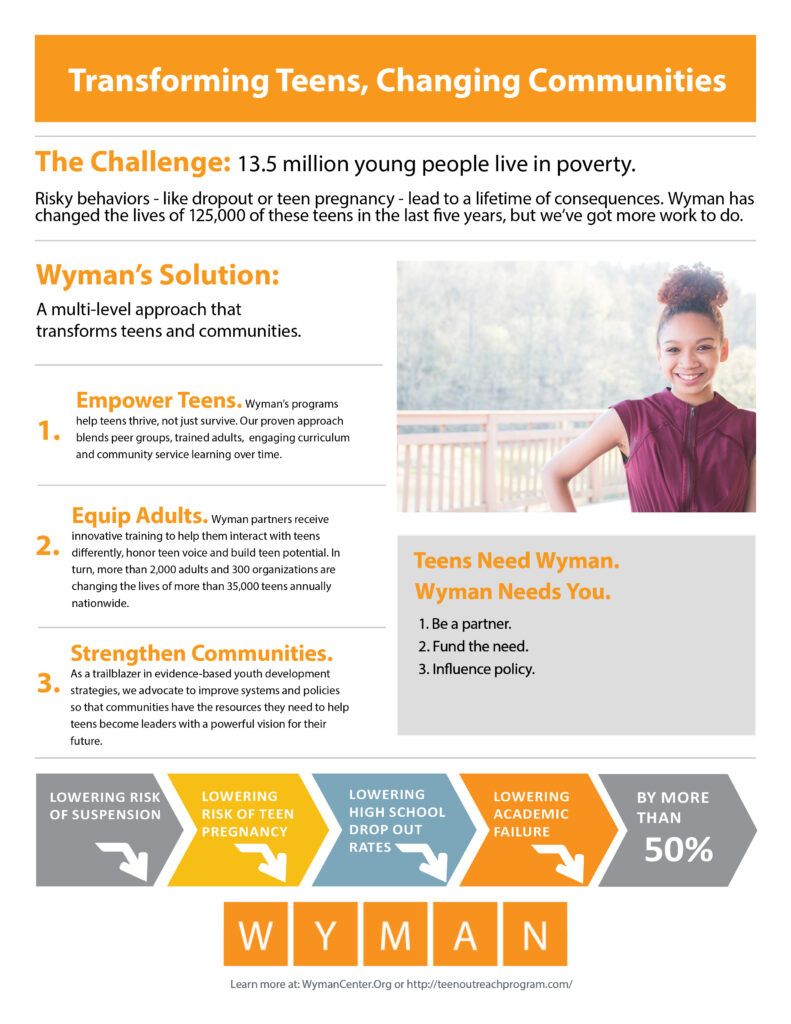Social emotional learning is what allows students to control their behavior, understand how their personal behavior impacts others, and enables them to empathize and collaborate with others.
As any teacher can attest, children who are less able to master these skills impede their own learning and can disrupt the educational process for their classmates as well.
If your children’s school seems to suddenly be devoting its time and resources to something called SEL, it may be leaving you wondering what happened to good old reading, writing and arithmetic (or even that new darling, coding). You’re not alone. SEL stands for social emotional learning, and it’s a hot topic at the moment among educators with good reason.
While you may not have heard the acronym SEL before, you have probably seen social emotional learning sprinkled throughout schools’ mission statements, behavioral expectations and curricula, under the varying monikers of character, resilience, personal responsibility, self-control, “grit,” emotional or social intelligence, among others.
The Collaborative for Social Emotional and Academic Learning defines social emotional learning as: “the process through which children and adults acquire and effectively apply the knowledge, attitudes and skills necessary to understand and manage emotions, set and achieve positive goals, feel and show empathy for others, establish and maintain positive relationships, and make responsible decisions.”
In other words, social emotional learning is what allows students to control their behavior, understand how their personal behavior impacts others, and enables them to empathize and collaborate with others. As any teacher can attest, children who are less able to master these skills impede their own learning and can disrupt the educational process for their classmates as well.
An oft-cited study on the impact of SEL on learning indicates that students who lack of social-emotional competencies become less connected to school over time, “and this lack of connection negatively affects their academic performance, behavior, and health.” The study goes on to report that SEL programs confer a positive impact on student behavior, academic achievement and grades.
See the full New York Times article by Jessica Lehey.


